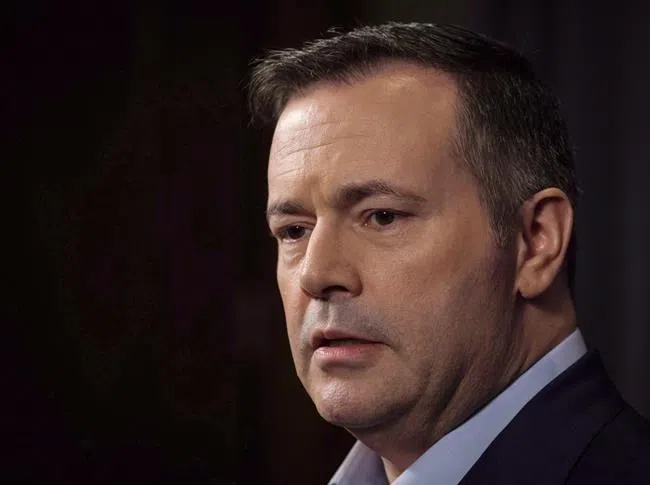
Saskatchewan court allows all applicants to intervene in carbon tax case
REGINA — Saskatchewan’s Court of Appeal is allowing all applicants to intervene in an upcoming case between the province and Ottawa over a federally imposed carbon tax.
The federal government, arguing the party’s interest in the case is political and speculative, had opposed a request by Alberta’s United Conservative Party to be an intervener on the side of Saskatchewan.
The court ruled Monday it will hear from Alberta’s official Opposition.
“The submissions of all interveners must be limited to the legal issue before the court,” reads a written judgment by the five-justice panel.
